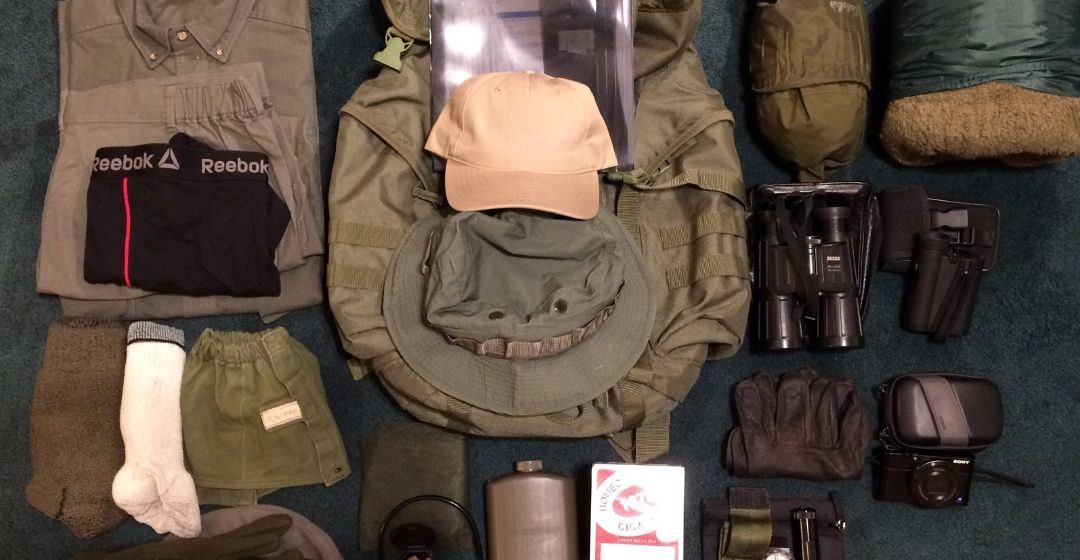A safari in Tanzania is an adventure of a lifetime. From the endless plains of the Serengeti to the majestic Ngorongoro Crater and the baobab-dotted landscapes of Tarangire, you’re in for an unforgettable experience. But one of the most common questions travelers ask before embarking on this journey is: “What should I pack for a Tanzania safari?”
This blog will guide you through everything you need to bring from clothing and gear to essential documents and handy extras to ensure you’re prepared, comfortable, and ready to fully enjoy your African safari.
Tanzania’s safari destinations experience a range of temperatures, so packing versatile clothing is key.
✔️ Recommended Safari Clothing:
Note: Avoid bright colors, camouflage, and dark blue or black, which attract tsetse flies.
Enhance your safari experience by bringing the right accessories and gear.
✔️ Must-Have Safari Accessories:

While most lodges offer basic amenities, having your own supplies ensures you’re covered.
✔️ Toiletries to Pack:
✔️ Personal Medications & First Aid:
Capturing the beauty of Tanzania’s wildlife is a must — but pack light and smart.
✔️ Tech Essentials:
Don’t leave without these critical items.
✔️ Important Documents:
✔️ Money:
These items aren’t essential, but they can make your safari even more enjoyable:
Pack light – Many safari flights have strict luggage limits (15kg in soft bags).
Use soft-sided duffel bags – easier to load onto safari vehicles and bush planes.
Layer up – It’s all about being able to adapt to temperature changes.